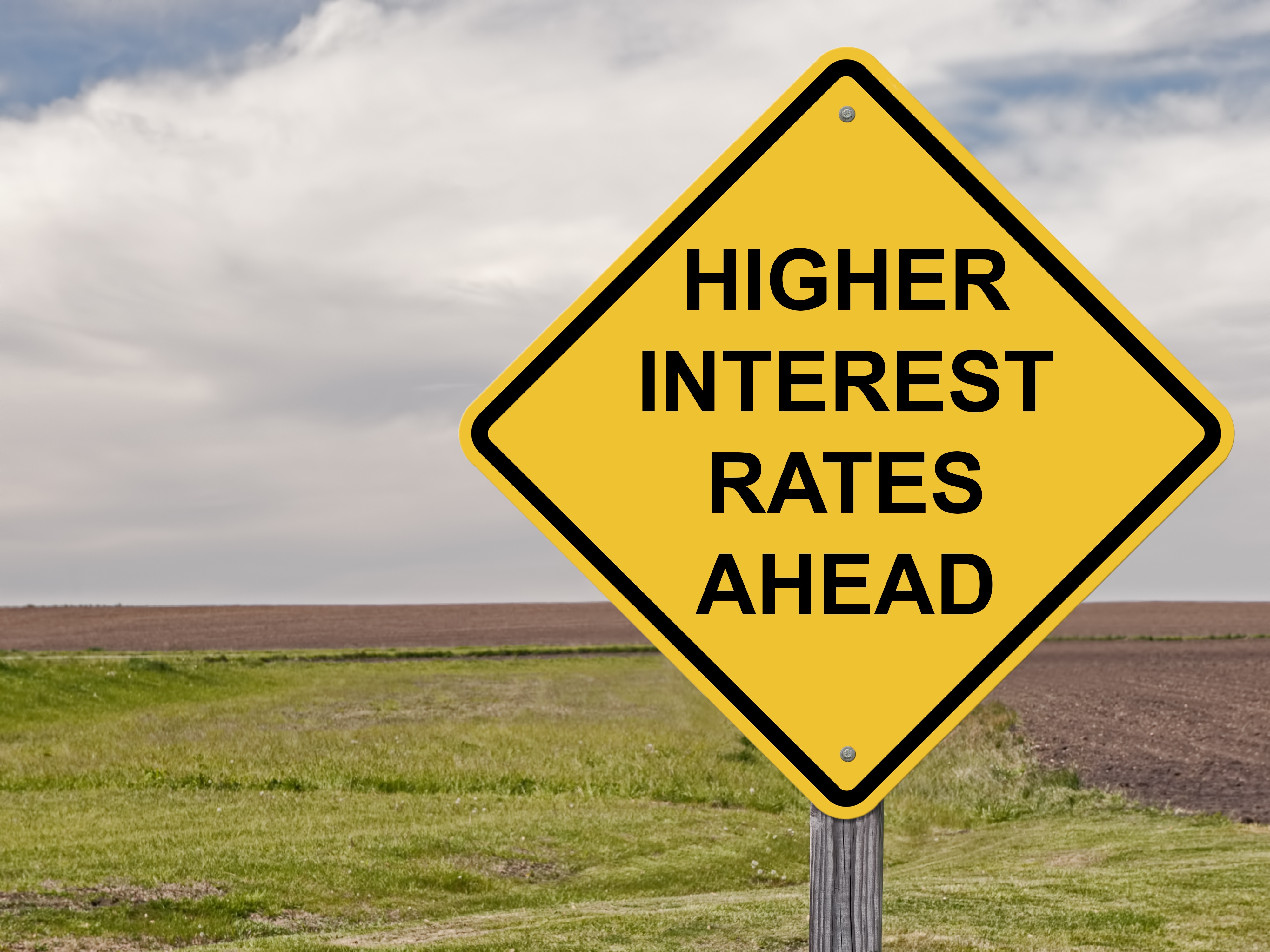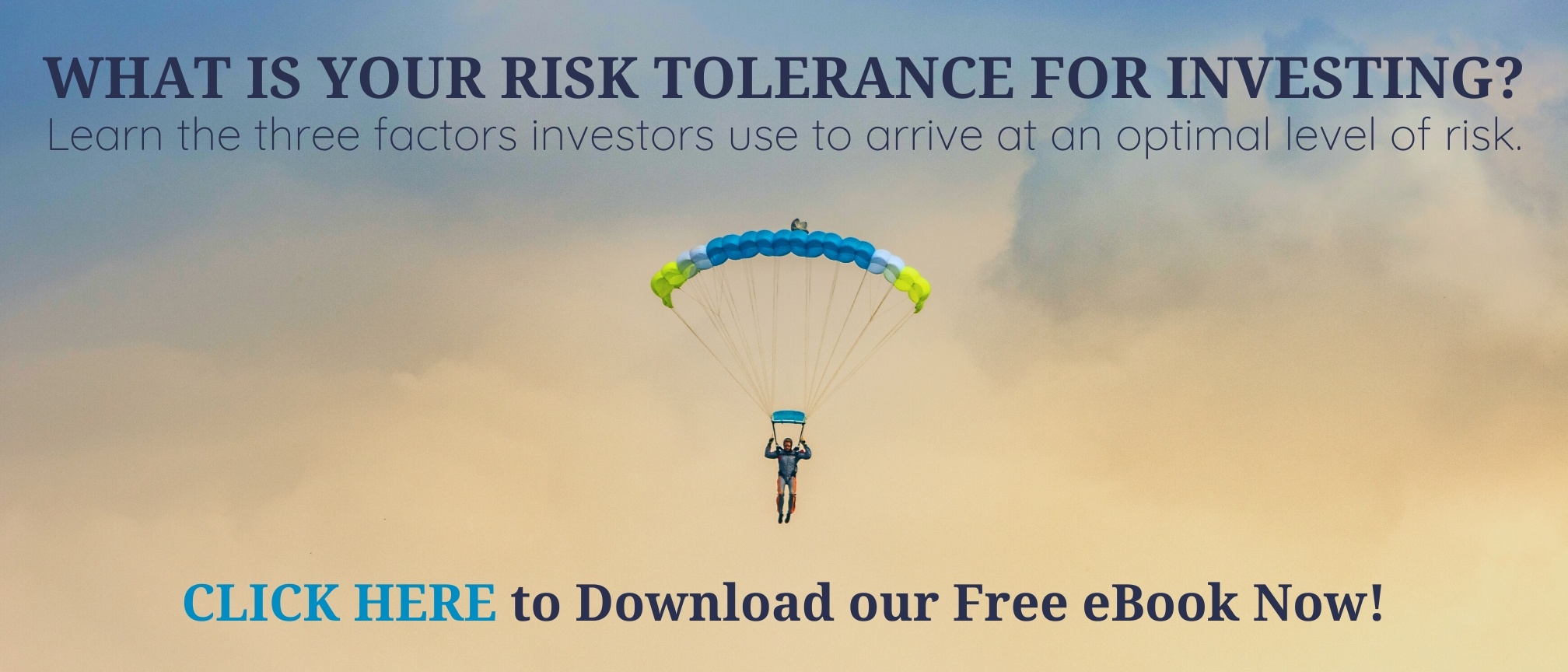The bond market thinks the new administration in Washington will boost economic activity, and that the Federal Reserve will begin a program of raising interest rates. They may be right. Of course, higher interest rates have been predicted for years and kept falling. We’ll see.
At any rate, the bond market is reacting to the latest round of predictions by reducing bond prices (as the price of bonds declines their yield rises). This will depress bond values at least in the short term, which may to some degree offset recent gains in the stock market.So, what does this mean for long term investors? Well, since bonds mature at face value, it means that short term declines in their market prices are meaningless unless the bonds don’t mature for a long time (most investors stick with bond maturities under five or so years). And, if you own bonds within bond funds, there will be bonds within those funds maturing every day. The proceeds from those maturing bonds will then be reinvested into new bonds with higher yields.
Rising interest rates, accompanied by increased economic activity, are good for long-term investors. Stocks tend to rise as economic activity increases; and earning growing yields on the income side of our portfolios is always helpful.
In the short run, rising stock values and declining bond prices provide an excellent opportunity to rebalance portfolios – selling stocks high to buy bonds low. Uninformed investors will, naturally, do the very opposite – enhancing the short-term opportunity for the rest of us.
.png)
.png?width=440&height=102&name=Wealth%20Conservatory%20Logo%20(1).png)




